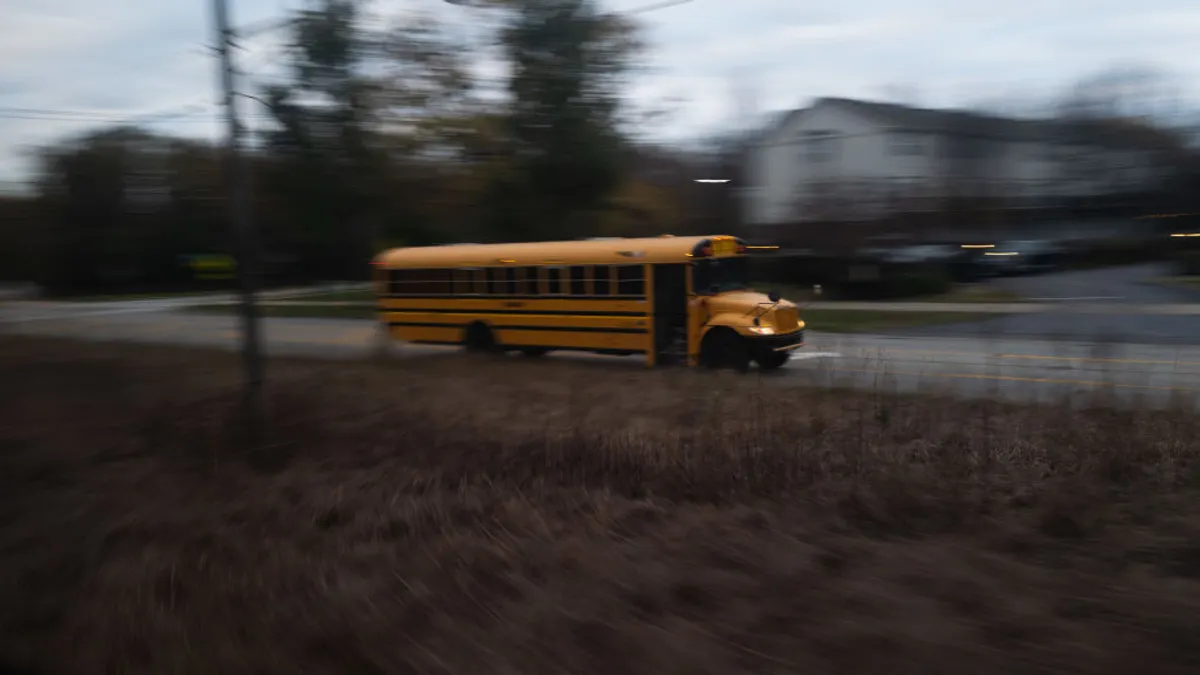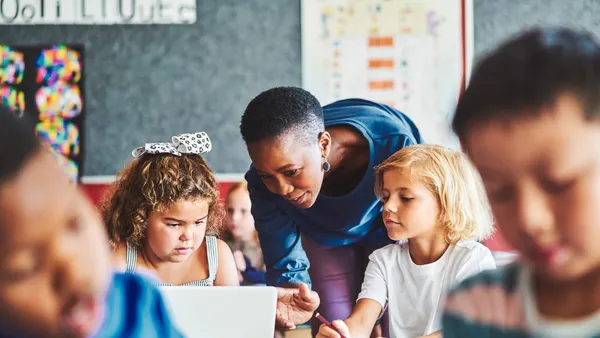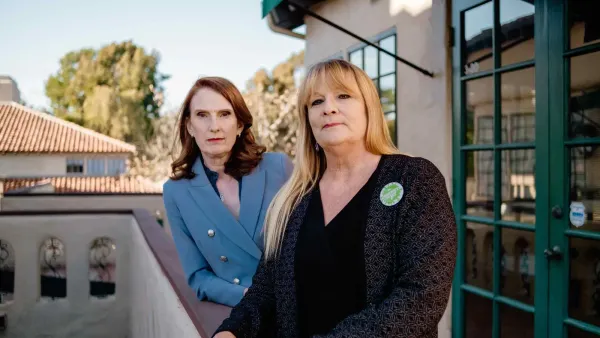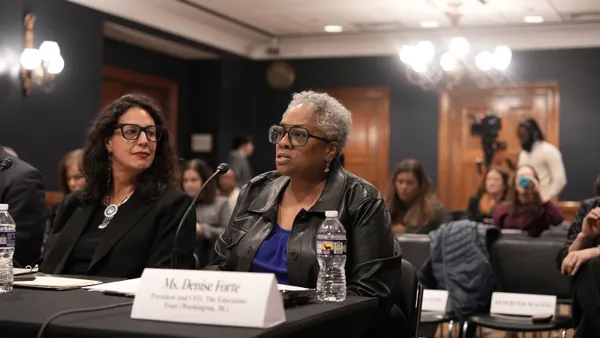Dive Brief:
- LGBTQ+ youth living in rural areas were significantly less likely to say their schools were supportive of their identities than LGBTQ+ youth in suburban and urban areas, according to a report released Tuesday by Hopelab and Born This Way Foundation.
- For LGBTQ+ young people in rural areas, a lower level of support from their broader communities was linked with challenges for mental health and wellbeing. Those who said their communities were less supportive were also more likely to report being depressed or lonely compared to those who said their communities were more supportive, for example.
- The research found that rural LGBTQ+ youth were more likely to find supportive communities online, which they used to both give and receive support at higher rates than their urban and suburban peers.
Dive Insight:
Around 20% of U.S. young people live in rural areas, where there’s a higher likelihood of challenges including high poverty rates and limited mental health resources, according to the report from Hopelab and the Born This Way Foundation. Both nonprofits are focused on advancing mental health and well-being in young people.
The Hopelab and Born This Way Foundation research is in line with similar findings from a few years ago released by The Trevor Project, a nonprofit focused on suicide prevention for LGBTQ+ youth.
In 2021, the Trevor Project released a report showing that almost half of LGBTQ youth in rural areas and small towns said their community was somewhat or very unaccepting of LGBTQ people, compared to just over a quarter of their urban and suburban peers.
That report also showed that access to LGBTQ-inclusive schools in small towns and rural areas was associated with lower suicide risk.
Roughly 2.9 to 3.8 million LGBT people live in rural America, with about 10% of youth identifying as LGBT, per a 2019 Movement Advancement Project report. According to that report, rural youth were just as likely as urban youth to identify as LGBT.
Among its recommendations, the MAP report encouraged educators in rural communities to:
- Provide age-appropriate, LGBT-inclusive school curriculum, teaching practices and other resources like library books.
- Participate in cultural competency trainings and professional development.
- Support gender and sexuality alliances in schools.
- Implement suicide prevention policies.
"Rural schools can help to support their students in a wide range of ways that have been implemented elsewhere, such as by encouraging inclusive curricula, addressing in-person- and cyber-bullying among students, and promoting access to mental health services," said Mike Parent, a principal researcher at Hopelab who led the research for the June 24 report, in an email. "Schools can also check with their own students and faculty on ways that their specific schools might adopt practices that make the school environment feel supportive for LGBTQ+ students."
However, schools' LGBTQ+-inclusive resources have been diminishing, especially in Republican-leaning states as a result of "Don't Say Gay" legislation. While such restrictions vary by state, they have impacted schools' abilities to tap into tools like gender-support plans, books reflecting varied genders and sexualities, inclusive areas and facilities like bathrooms, and protections for students' LGBTQ+ identities from potentially abusive or otherwise unaccepting families.
“At school, the people who were gay weren’t out because we were rural and we didn’t feel safe being out," a Native American pansexual and nonbinary young adult said in the report released Tuesday.
Tuesday’s report from Hopelab and the Born This Way Foundation comes as the Trump administration announced last week that the national LGBTQ+ youth suicide hotline will be discontinued beginning July 17.
The 988 Suicide & Crisis Lifeline "will no longer silo LGB+ youth services, also known as the 'Press 3 option,' to focus on serving all help seekers, including those previously served through the Press 3 option," the Substance Abuse and Mental Health Services Administration said in a June 17 statement.
The hotline’s cancellation comes as the Trump administration has made a greater push to omit what it calls "gender ideology" — including transgender identities — from schools and other publicly funded programs.
"The loss of this resource is a major hit to the mental health and well-being of LGBTQ+ people, especially adolescents and young adults," said Parent. "Rural young people may be impacted even more drastically, since their local communities typically have substantially fewer mental health service providers who can provide LGBTQ+ affirming care and the 988 lifeline provided an easily accessible support for them."











